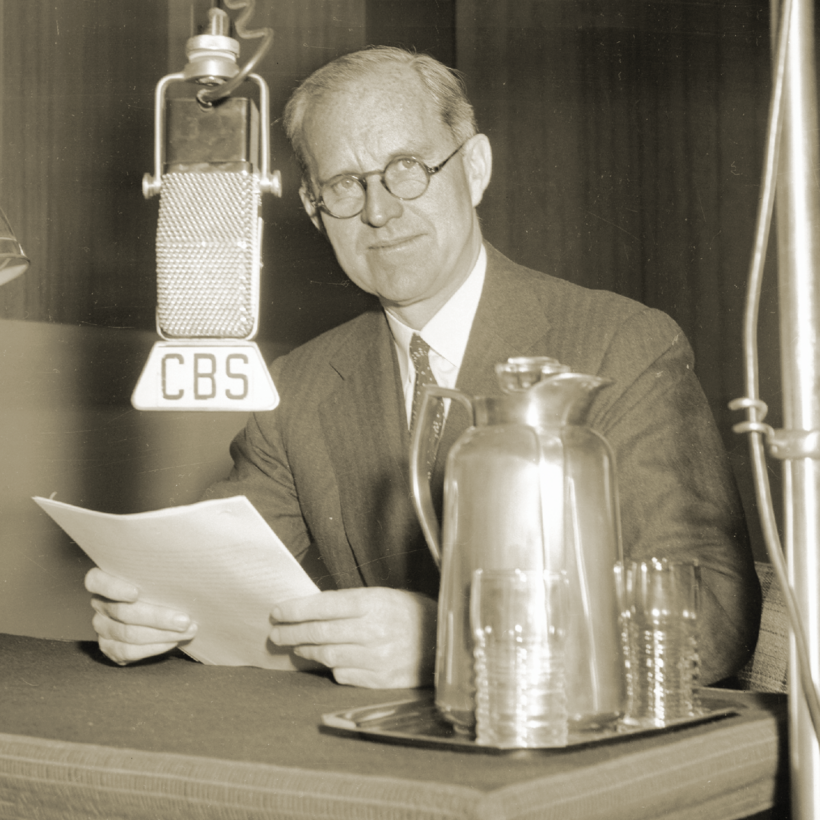American foreign policy has long been dictated by the occupant of the White House. Many politicians and academics agree that no president played a higher-stakes game on the world chessboard than Franklin D. Roosevelt. While researching my book, The Ambassador, nothing shocked me more than the steadfast disagreement of Joseph P. Kennedy Sr., the American ambassador to the United Kingdom at the beginning of World War II.
During his tenure, from March 1938 to October 1940, Kennedy attempted to spearhead America’s foreign policy with the mighty and troubled British Empire. According to him, no one understood the fraught political climate in Europe better than he—not the president, and certainly not the U.S. State Department. In fact, days before he was appointed ambassador, Kennedy told the press that despite rumors of another global conflict in Europe, “the Roosevelt administration had made no clear statement of our foreign policy.” No wonder Secretary of State Cordell Hull and President Roosevelt found him insufferable from the start.

